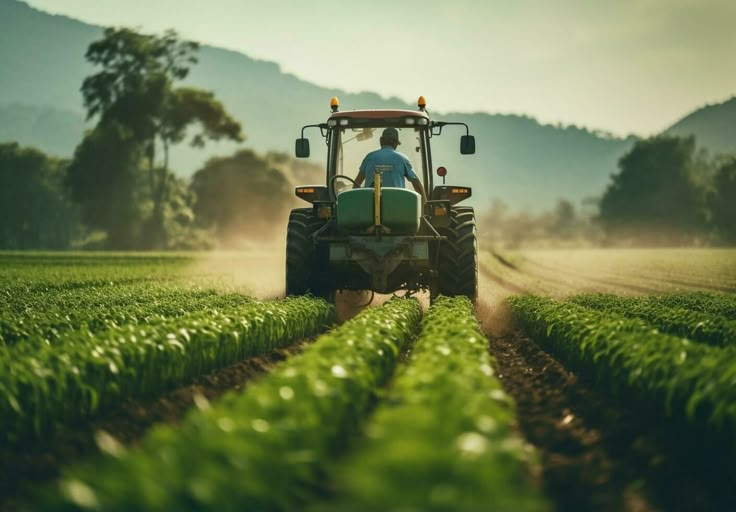How Climate Change is Reshaping Global Agricultural Trade
PT Linggau Jaya Eksportir is committed to connecting Indonesia's finest agricultural products with the world. Through sustainable farming practices, innovative solutions, and a strong focus on quality, we deliver premium spices, coconut derivatives, coffee beans, and tropical fruits to global markets. As climate change reshapes agricultural trade, we stand ready to adapt, lead, and contribute to food security and sustainability worldwide.
Admin
4/28/20252 min read


How Climate Change is Reshaping Global Agricultural Trade
Climate change is no longer a distant threat — it is a reality that is actively reshaping the global agricultural trade.
From extreme weather events to shifting growing seasons, climate change is impacting how, where, and what we grow. This transformation affects not only farmers but also governments, exporters, importers, and consumers around the world.
The Impact of Climate Change on Agriculture
Across the globe, farmers are witnessing:
Increased crop vulnerability to pests, diseases, droughts, and floods.
Lower yields of key commodities like rice, coffee, and coconut.
Shifts in optimal growing regions, forcing adaptations in traditional agricultural zones.
Countries that rely heavily on agricultural exports must rapidly innovate and adapt to maintain their competitiveness in global markets. Indonesia, with its vast array of spices, tropical fruits, coffee, and coconut products, stands at a crucial crossroads.
Building Climate-Resilient Agriculture: Strategies for a Changing World
To mitigate these risks, farmers and exporters are embracing climate-resilient agricultural practices such as:
Drought- and flood-resistant crop varieties that can survive extreme weather.
Smart irrigation systems that optimize water usage and reduce waste.
Agroforestry techniques that integrate trees with crops to enhance soil stability and biodiversity.
In Indonesia, traditional farming wisdom is increasingly combined with modern technology to create a more sustainable, resilient agricultural sector.
Investing in resilience today means securing food supplies for tomorrow.
The Rising Importance of Sustainable Trade in Agricultural Products
As agricultural production becomes more vulnerable, global buyers and consumers are demanding sustainability and transparency.
This new reality means that exporters like PT Linggau Jaya Eksportir are:
Prioritizing organic certifications to meet health and environmental standards.
Supporting fair trade practices to ensure ethical treatment of farmers.
Minimizing carbon footprints through eco-friendly shipping and packaging.
Sustainable trade is no longer optional — it is a strategic necessity for building trust and long-term success in global agricultural markets.
Conclusion: Adapting to a New Global Agricultural Era
Climate change is fundamentally reshaping the agricultural landscape, from the farm to the marketplace.
By embracing sustainable practices, building resilience, and fostering ethical trade, agricultural stakeholders can turn these challenges into opportunities.
Indonesia, rich in biodiversity and agricultural heritage, has the potential to lead by example — delivering high-quality, sustainable products to the world, even in the face of global uncertainty.
At PT Linggau Jaya Eksportir, we are committed to growing with the world, sustainably and responsibly.



